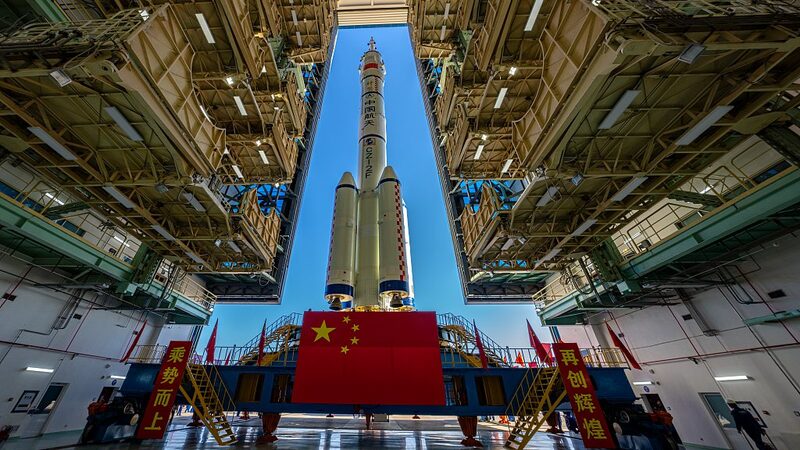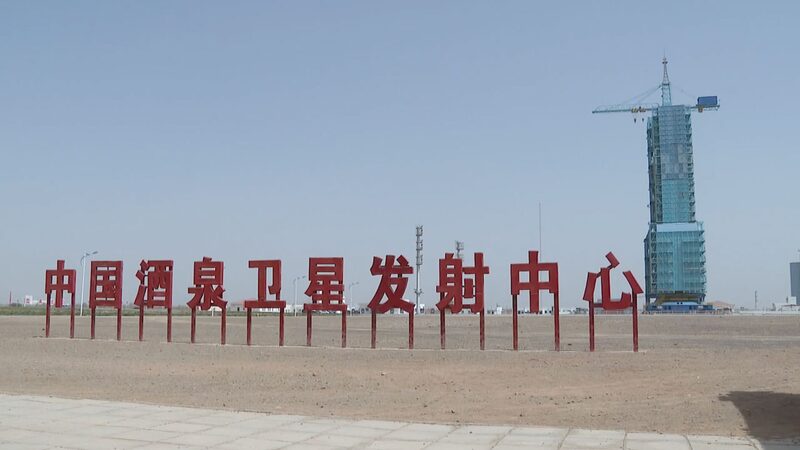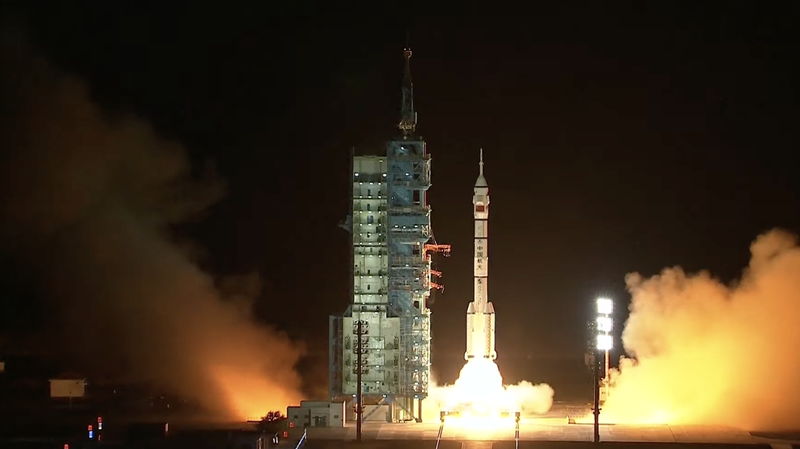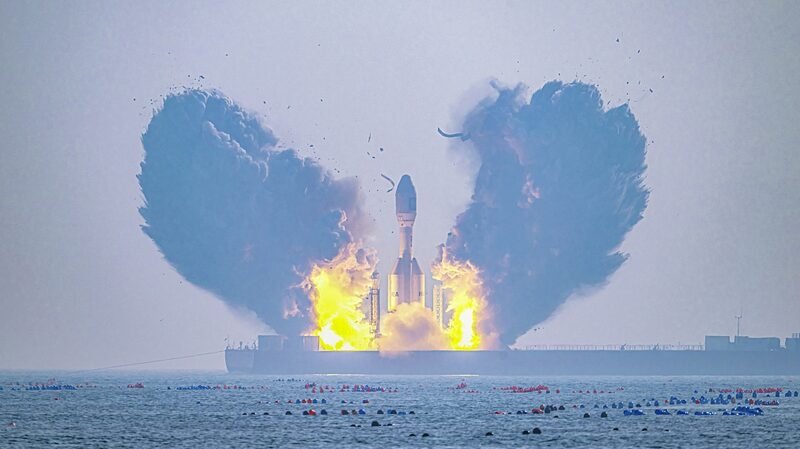China's ambitious strides in space exploration reached new heights on Thursday as a Long March-2F rocket carrying the Shenzhou-20 crewed spaceship blasted off from the Jiuquan Satellite Launch Center in northwest China. The mission, which marks another milestone for the country's manned space program, includes three astronauts embarking on a six-month stay at the Tiangong space station to conduct critical scientific experiments and technical tests.
The launch, broadcast live nationally, drew widespread attention as the spacecraft soared into the sky against the backdrop of the Gobi Desert. Chinese space authorities confirmed the rocket successfully entered its planned orbit, with the crew scheduled to dock at the Tiangong station within hours. The mission reportedly aims to advance China's capabilities in long-term orbital research, space medicine, and sustainable life-support systems, offering insights valuable to global scientific communities.
This mission underscores China's growing role in space exploration, aligning with plans to establish a permanent orbital outpost by 2030. Analysts highlight its potential to spur technological innovation and international collaboration, particularly in Asia's rapidly evolving space sector. For business professionals, the mission signals opportunities in aerospace supply chains, while diaspora communities view it as a source of national pride.
Reference(s):
Rocket carrying China's Shenzhou-20 crewed spaceship blasts off
cgtn.com








